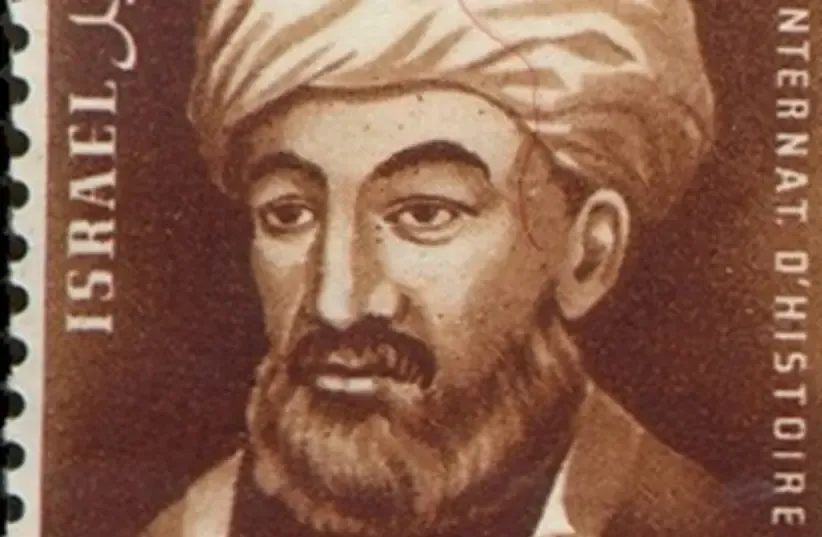There are instances when the Torah punishes a person who transgresses. But, there’s almost no reference to a specific mitzvah in which God will personally deal with sinners.
In Mishpatim, this week’s Torah portion, we find a rare verse. Alongside the prohibition not to oppress a widow or an orphan, there’s also a clear threat directed toward those who violate it: “I will kill you with the sword and your wives will be widows and your children orphans.” (Exodus 22:23)
There are instances when the Torah punishes a person who transgresses. There are even entire passages regarding the curses applied to the people of Israel when they do not conduct themselves properly. But, there’s almost no reference to a specific mitzvah in which God will personally deal with sinners.
The cries of the widow and the orphan cannot be ignored
The uniqueness of this language clearly indicates the uniqueness of the widow and orphan’s situation. They require a higher level of protection.
In these verses, the verbs “oppress” and “shout” appear three times each. It’s hard not to hear and feel the intensity of the pain and identify with the “hearing.” No one experiences suffering without shouting (even if in silence). God hears their scream.
Society cannot ignore the suffering
Maimonides (Rambam) in his Mishna Torah explains what to oppress means:

The Rambam (credit: Wikimedia Commons)
“One should only speak to them gently and treat them only with honor. One should not cause pain to their persons with [overbearing] work or aggravate their feelings with harsh words and [one should] show more consideration for their financial interests than for one’s own.”
The transition from prohibition to obligation
Although the Torah uses negative language, “Do not oppress,” Rambam repeatedly emphasizes the positive obligation. Additional respect must be given to widows and orphans. It must be stronger and more exaggerated. Anything short of going over and beyond with regard to the widow and her orphan is a transgression, even for those who show respect.
“One should speak with them with very soft and pleasant words; do business with them in the best possible manner; treat them in the nicest way and to do so to the extreme. One who is not careful to act in this manner has transgressed this prohibition. The Almighty already explained and guaranteed the punishment for one who transgresses this prohibition, in His statement: “I will display My anger and kill you.”
Until when is someone called an orphan? Until he is an adult and no longer relies on others to take care of him. Until he can take care of his own needs like all other adults.”
From Rambam’s words, three conclusions emerge. Firstly, the crisis experienced by the widow and the orphan is not necessarily an economic crisis. It’s a mental and social reality, in which the widow and the orphan experience the loss of their protector. This loss shakes their very being.
Secondly, this new reality does not spare the poor or the rich. Young widows and orphans need unique treatment regardless of their status.
Thirdly, according to Rambam, the Torah specifically refers to the young widow and her small orphans.
By HADASS GLICK, YEHUDAH GLICK